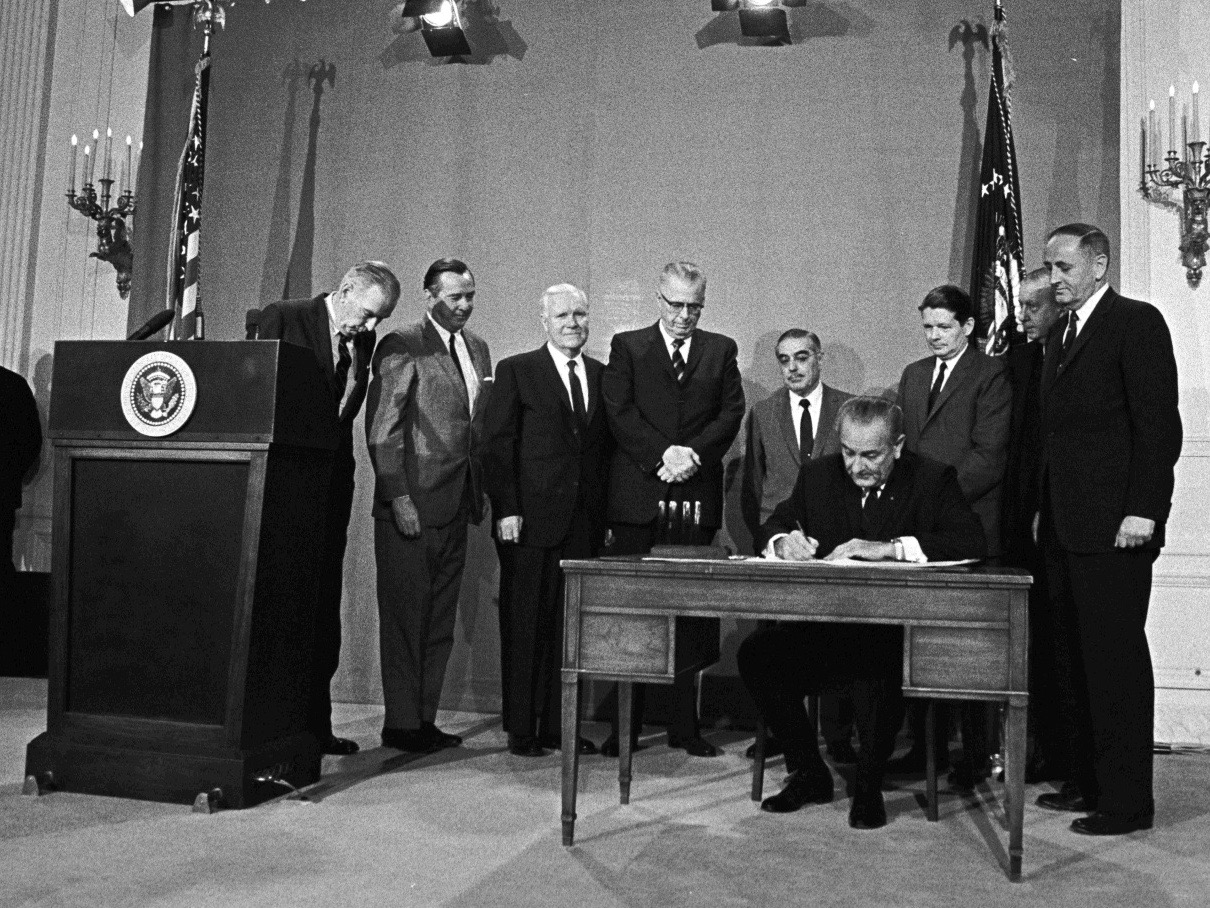Researchers question study featured on This American Life
A study cited on an April 25 episode of This American Life is now being called into question by researchers who argue that it was based on faked data.
The study, “When contact changes minds: An experiment on transmission of support for gay equality,” claimed that gay canvassers were effective at convincing opponents of same-sex marriage to change their views. It was published in Science in December.
Researchers looking to expand on the study discovered “irregularities” when they tried to replicate the study and found that its data were “not collected as described,” the researchers wrote in a paper published Tuesday. Retraction Watch originally reported the new findings Wednesday. Retraction Watch’s site is down; here’s a cached version.
One of the authors of the report said on Twitter (here and here) earlier today, “I’m gathering evidence and relevant information so I can provide a single comprehensive response.”
This American Life mentioned the study in the prologue of its episode “The Incredible Rarity of Changing Your Mind” and reported on it in more depth in the show’s first act.
Ira Glass, host of This American Life, acknowledged the development on Twitter:
Our story abt canvassers change people’s minds on gay marriage? Data in the study was faked. Will write more soon. http://t.co/JrJNVPv4UP
— Ira Glass (@iraglass) May 20, 2015
This American Life added this:
Some data was faked in the study about canvassers changing peoples’ minds on gay marriage. More as we learn details. http://t.co/I2D7jmURFI
— This American Life (@ThisAmerLife) May 20, 2015
As Poynter notes, other outlets including the New York Times and Vox also covered the study.
Update: Glass expanded on his comment in a blog post. A note with a link to the post was added to the episode’s page on This American Life’s website.
Related stories from Current:





